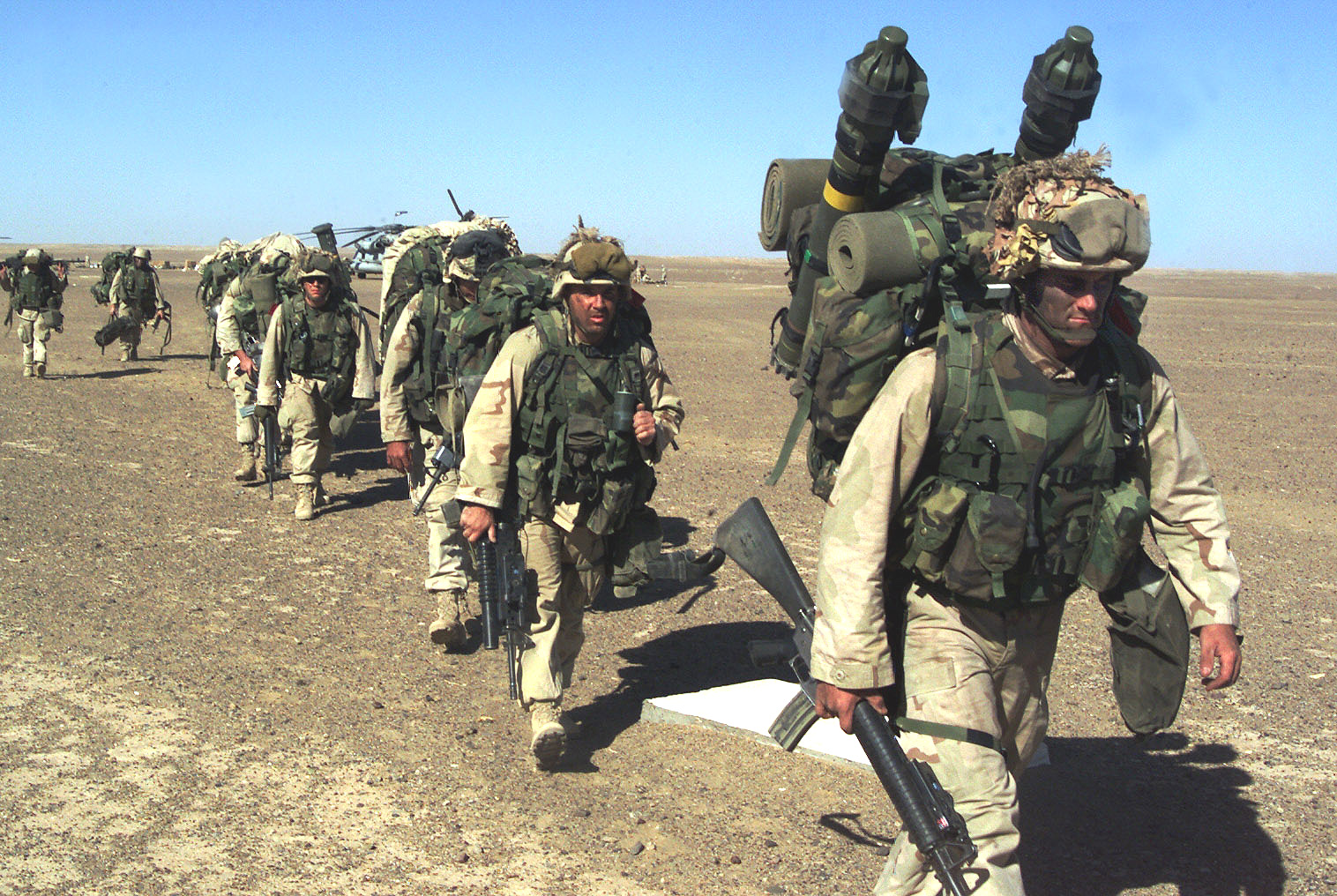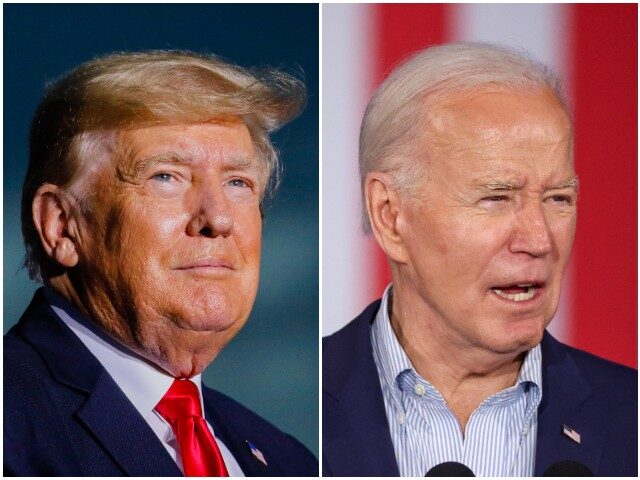Trump, Afghanistan & the Messy Endings to U.S. Wars
by Gareth Porter, Consortium News:

Any deal with the Taliban will resemble the other retreats from the anti-colonial and counterinsurgency conflicts the U.S. has fought since 1945, writes Danny Sjursen.
Could President Donald Trump end the Afghan war someday? I don’t know if such a possibility has been on your mind, but it’s certainly been on the mind of this retired U.S. Army major who fought in that land so long ago. And here’s the context in which I’ve been thinking about that very possibility.
Back in the previous century, it used to be said that “only Nixon could go to China.” In other words, only a longtime Cold Warrior and red-baiter like President Richard Nixon had the necessary tough-guy credentials to break with a tradition more than two decades old in February 1972. It was then that he and National Security Advisor Henry Kissinger traveled to Beijing and met with Communist leader Mao Zedong. In that way, they began a process of reestablishing relations with China (now again being impaired by Donald Trump) broken when the Communists won a civil war against the American-backed nationalists led by Chiang Kai-Shek and came to power in 1949.

U.S. Air Force helicopters on deck of aircraft carrier USS Midway during U.S. evacuation from Vietnam, April 1975. (DanMS, Wikimedia Commons)
By the same token, perhaps no one but Nixon could have eventually — after hundreds of thousands more Vietnamese, Laotians, Cambodians and Americans died — extracted the United States from what was then (but is no longer) America’s longest war, the one in Vietnam. After all, in 1973, it was hard to imagine just about any Democrat agreeing to the sort of unseemly concessions at the negotiating table in Paris that resulted in an actual peace accord with a crew of Communists. But Nixon did so.
After those “peace” talks and the withdrawal of U.S. troops from that land, the corrupt, battered U.S.-backed South Vietnamese government barely held on for another two gruesome years before a massive Communist offensive finally took Saigon, the capital of the American-backed half of that country in April 1975. Images of U.S. military helicopters hastily evacuating American diplomats and others from Saigon would prove embarrassing indeed. Yet, in the end, little could have altered the ultimate outcome of that war.
Nixon, a cynic’s cynic, evidently sensed just that. Yes, he would prolong the war to the tune of more than 20,000 additional U.S. troop deaths and seek to create a politically palatable pause between the withdrawal of American troops and the unavoidable Communist victory to come (at the cost of god knows how many more dead Vietnamese). It was what he called “breathing space.” In the end, in other words, in the bloodiest way imaginable, he finally accepted both his presidential, and Washington’s, limitations in what was, after all, a Vietnamese civil war.
Fellow TomDispatch regular Andrew Bacevich has referred to such realities as “the limits of power.” As a longtime military man who once carried water for the American empire in both Afghanistan and Iraq, let me assure you that, almost two decades into the 21st century, those limits still couldn’t be more real.
Recently, I got to thinking about Vietnam and Bacevich — himself a veteran of that war — while following the strange pace of the Trump administration’s peace talks with the Taliban. It struck me that the president, his negotiators, and his loyally “deplorable” backers might (gulp!) just be America’s best hope for striking a deal, 18 years late, to conclude the U.S. military’s role in Afghanistan. If so, he would end the war that replaced Vietnam as this country’s longest — and that’s without even counting the first Afghan War Washington fought there against the Red Army of the now-defunct Soviet Union from 1979 to 1989.
An Unwinnable War
For someone like me who long ago turned his back on America’s never-ending wars on terror, it’s discomfiting to imagine the process that might finally lead to a U.S. military withdrawal from Afghanistan, especially one negotiated by The Donald and his strange team of hawks. Of one thing, rest assured: bad things will happen afterward. Afghans to whom Americans are sympathetic, especially women, will suffer under the heel of the kind of extreme Islamism that will be in command in significant parts of the country. And getting there could be no less grim. After all, Trump, that self-proclaimed “deal-maker,” has so far shown himself to be anything but impressive in striking deals. Nevertheless, he has, at least, regularly criticized the ill-advised Afghan War for years and his instincts, when it comes to that conflict, though unsophisticated and ill-informed, seem sound.

U.S. Marines with the 15th Marine Expeditionary Unit after seizing a Taliban forward-operating base Nov. 25, 2001. (Sergeant Joseph R. Chenelly, United States Marine Corps)
In a sense, the situation isn’t complicated: the U.S. war in Afghanistan cannot be won. The Kabul-based government’s gross domestic product can’t even support its own military budget, leaving it endlessly reliant on aid from Washington and its allies. Its security forces have been taking what, last December, the American general about to become the head of U.S. Central Command termed “unsustainable”casualties — 45,000 battle deaths since 2014. Those security forces simply can’t recruit enough new members to replace such massive losses.
Today, the U.S.-backed regime controls less of Afghanistan than at any point in the nearly two-decade-long war, despite all the American bombs dropped and troops deployed these past 18 years. Rather than grapple with that inconvenient fact, the U.S. military simply stopped counting how much of the country the Taliban now contests or controls. For these and a plethora of other reasons, that military and its Afghan proxies won’t be able to change the ultimate outcome of the Taliban’s war in Afghanistan. Forgive me, then, for placing some hope in Trump and his negotiators.
The disconcerting truth is that the brutal, venal, medieval Taliban movement is popular in the ethnic-Pashtun-dominated south and the mountainous east of Afghanistan. In 2011-2012, as a lowly company commander in a sub-district of Kandahar, the province that birthed the Taliban, I saw firsthand just how much sympathy villagers seemed to have for that Islamist cause. Sure, many — so, at least, they said — were opposed to that movement’s violent campaign to control the province and the country, but culturally and religiously in some fashion many of them seemed to agree with the group’s basic agenda and worldview.
Most of the Taliban foot soldiers I faced were little more than impoverished farm boys with guns drawn to the movement as much by patriotic opposition to the American military occupation of their country as by any desire for the application of sharia law. In addition, many in the region were making at least modest sums off Afghanistan’s record-breaking opium trade, something the U.S. was never truly capable of controlling or suppressing. The bottom line: the American war in Afghanistan was essentially over then. It’s over now, a defeat that neither politicians in Washington nor Pentagon officials have been able to accept to date.
Messy Wars Since 1945
The certainty of imperial failure in anti-colonial and counterinsurgency conflicts has defined the era of war making since at least 1945. So it shall be in Afghanistan. Nevertheless, it’s worth considering some of those oft-forgotten conflicts.
In the favored American version of war, endings involve unconditional surrender by a defeated enemy, whether Robert E. Lee at the Appomattox Courthouse in 1865 or imperial Japanese officials on the deck of the USS Missouri in 1945. But such moments, historically speaking, couldn’t be more rare in “the American century.” After World War II, as the last colonial wars of the European powers ended in defeat or the withdrawal of imperial forces, the U.S. military went to war globally with Third World “Communism” — and victory became a thoroughly outmoded word. In the Korean War (1950-1953), which never officially ended, the U.S. finally settled for a status quo truce with its North Korean and Chinese opponents. Tens of thousands of American troops and millions of Koreans died in what essentially amounted to a negotiated draw. Vietnam, as noted, ended in the negotiated version of an outright defeat.

U.S. military devastation of North Korea. (Keystone/Getty Images)
Meanwhile, the French, already booted out of Vietnam in the First Indochina War (1954-1962), tried to torture and kill their way to victory in colonial Algeria before accepting defeat there, too. (A coup attempt by disgruntled right-wing military officers during that counterinsurgency almost cost France its democracy.) Nor could a declining Great Britain kill its way out of the last of its colonial wars, the“Troubles“ in Northern Ireland (1969-1998). That 30-year war with the quasi-socialist, nationalist Irish Republican Army (IRA) only ended when London demonstrated a willingness to negotiate with that group and draw it into electoral politics. Not only was there no military victory to be had, but Britons had to swallow the embarrassing spectacle of former IRA bombers being released from prison and onetime IRA commanders entering parliament at Westminster.
Read More @ ConsortiumNews.com
Loading...



